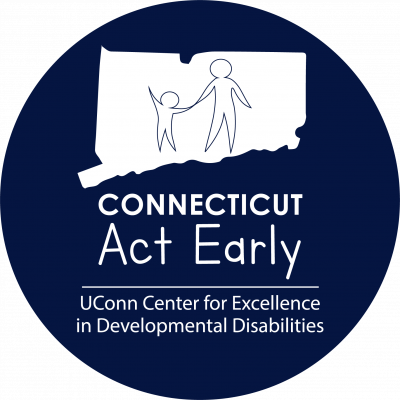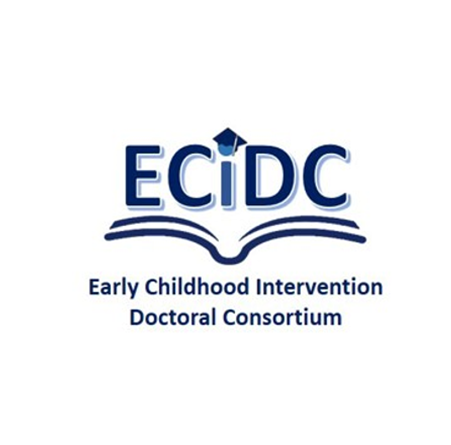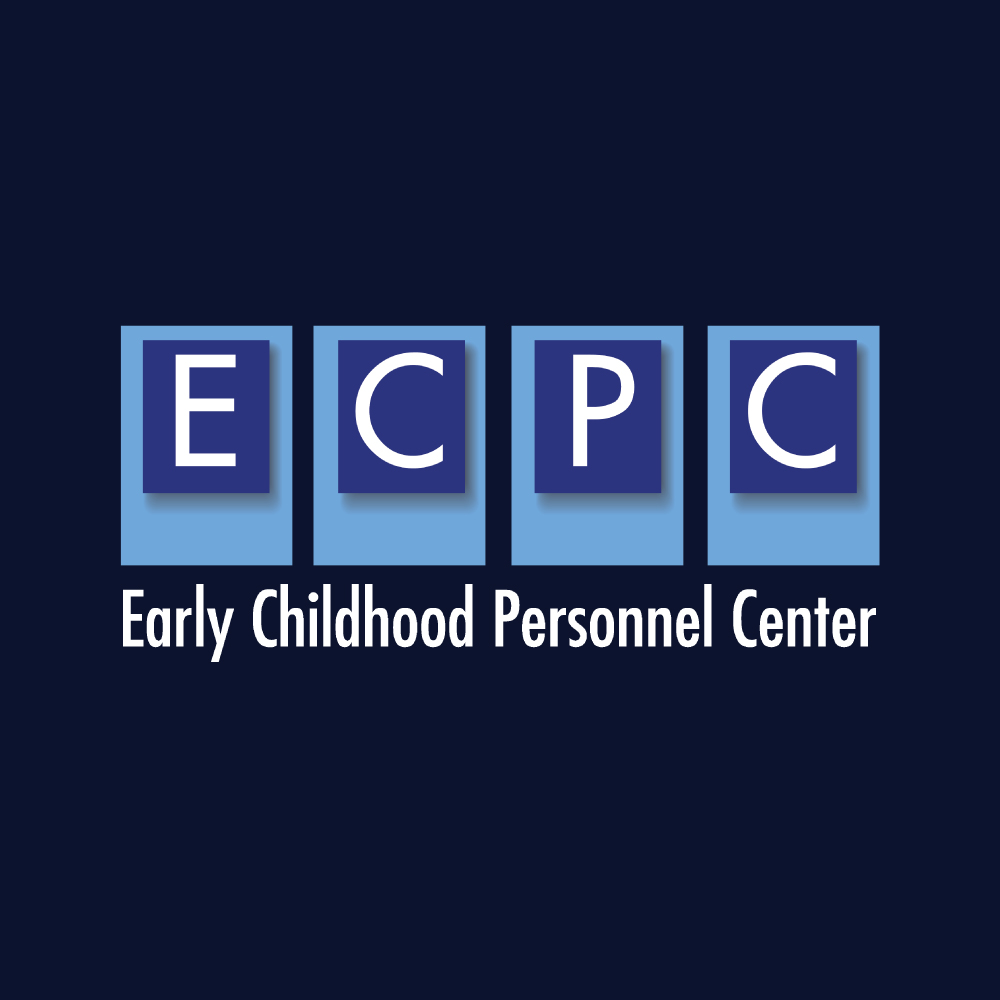Early Childhood Projects
Current Projects
Completed Projects
- Act Early Response to COVID-19 - In response to the COVID 19 Pandemic we are providing support for early childhood systems in Connecticut through Act Early to support recovery and strengthen resilience skills, behaviors, and resources of children, families, and communities during mitigation and recovery efforts.
- A Parent to Parent Model of Service Coordination for Families of Preschool Age Children with Autism Spectrum Disorder - The purpose of the research project was to examine the effects of a culturally compatible parent to parent model of support and service coordination for 108 families who lived in Hartford or New Britain, CT and had a preschool age child with autism spectrum disorder (ASD).
- A Social Competence Curriculum for Toddlers and Preschoolers Demonstrating Mental Health and Behavioral Problems - The Social Competence Curriculum for Toddlers and Preschoolers Demonstrating Mental Health and Behavioral Problems was a three-year project funded by the Office of Special Education Programs, US Department of Education.
- Birth to Three CT Early Intervention Supervisors Institute - The purpose of the training was to provide supervisors with strategies to enhance their ability to supervise staff's portfolio work samples and observations leading to a credential, and to assist in continuous improvement of the IFSP and services to families.
- Center to Inform Personnel Preparation Policy and Practice in Early Intervention and Preschool Education - The purpose of the Center was to collect, synthesize and analyze information related to (a) certification and licensure requirements for personnel working with infants, toddlers, and preschoolers who have special needs and their families, (b) the quality of training programs that prepare these professionals, and (c) the supply and demand of professionals representing all disciplines who provide both ECSE and EI services.
- Childcare for Children with Complex Medical Needs: Linking the Medical Home - The purpose of the project was to demonstrate the successful inclusion and accommodation of infants and toddlers with complex medical needs and disabilities into child care centers, including the development and dissemination of a model to strengthen Center-based childcare infrastructures to support these children.
- Children Adopted from China - The purpose of this project was to gather information about the experiences of families who have adopted children from China and to make this information available to families with an adopted child or who wish to adopt a child from China, early intervention service personnel, and Part C coordinators.
- Connecticut Birth to Three System Evaluation Project - A multi-faceted, multi-year evaluation of the Connecticut Birth to Three System was undertaken at the request of the state legislature in order to explore the costs, service delivery, and outcomes of Birth to Three services.
- Connecticut Pyramid Model: A Community of Practice Model for Young Children’s Social Emotional Development - This education initiative of the Center for Excellence is funded by the State Department of Education. The goal is to help early childhood special education professionals to create learning environments where children are engaged, they feel good about coming to school, and where educators are able to teach children.
- Early Intervention for Latino Families Project - The purpose of this research project was to study an alternative service delivery model for infants, toddlers, and their families who were eligible for early intervention services under Part C of the Individuals with Disabilities Education Act.
- Early Intervention in Natural Learning Environments - The Early Intervention in Natural Learning Environments was a three-year project funded by the U.S. Department of Education, Office of Special Education Programs.
- Early Intervention Systems for Homeless Children and Families - The Center conducted two studies about the early intervention system for homeless children and families
- Enhanced Child Find Through Newborn Hearing Screening - The Enhanced Child Find Through Newborn Hearing Screening was a four-year project funded by the U.S. Department of Education, Office of Special Education Programs.
- Enhancing Peer Relationships in Natural Environments in Urban Communities - This model demonstration project was a four-year grant funded by the Office of Special Education Programs. The purpose of this project was to increase the number of children receiving early intervention services in community activities with their typically developing peers.
- Evaluation of the Early Childhood Consultation Partnership - This model demonstration project was a four-year grant funded by the Office of Special Education Programs. The purpose of this project was to increase the number of children receiving early intervention services in community activities with their typically developing peers.
- Innovative Community of Practice - UCONN UCEDD was selected to develop state-level innovative practice groups, strategically working across and aligning early childhood sectors, to support parents of young children by leveraging the AUCD network centers and programs to increase workforce capacity for implementation, evaluation, and dissemination of evidence-based programs for parents of young children who may have behavioral concerns.
- Map to Inclusive Child Care - This was a three-year project funded by the Child Care Bureau, U.S. Department of Health and Human Services. The goal of this project was to provide technical assistance to states as they included children with disabilities (from birth through 12) in child care settings, including designing, implementing, and evaluating policies and practices.
- Pediatric Residency Training Program on Children with Disabilities and Their Families - The goal of this three year project was to train and inform pediatric residents of relevant issues in the development and provision of services to children with disabilities and special health care needs. Within each module, the residents participated in different practicum experiences that enhanced their awareness and ways of interacting with children with disabilities and their families, as well as the systems with which they are involved.
- Preventing Shaken Baby Syndrome: A Comparison of Two Parent Education Programs - This study took place within the Nurturing Families Network Intensive Home Visiting Programs, funded by the Connecticut Children’s Trust Fund, which is a secondary prevention program that targets first time mothers who screen as being at-risk for child maltreatment.
- Research and Training Center on Service Coordination - The goal of the Center was to examine the status of service coordination for children with disabilities and their families receiving early intervention services under Part C of IDEA. There were three strands of participants: families, service providers and system administrators. Members of these three groups participated in all Center activities.
- Routes to Successful Inclusion - Routes to Successful Inclusion is a web toolkit for caregivers of children birth to age five.
- The National Landscape of Team Practices for Infants and Young Children with Disabilities under IDEA - The purpose of this project was to conduct a national assessment of the status of interdisciplinary team practices for infants and young children with disabilities in Part C and Part B, Section 619 programs under the Individuals with Disabilities Education Act (IDEA).
- The Role of Families in their Children’s Learning - The purpose of this study was to identify, develop, and evaluate strategies and approaches to promote and enhance the learning and development of young children with or at risk for disabilities.





